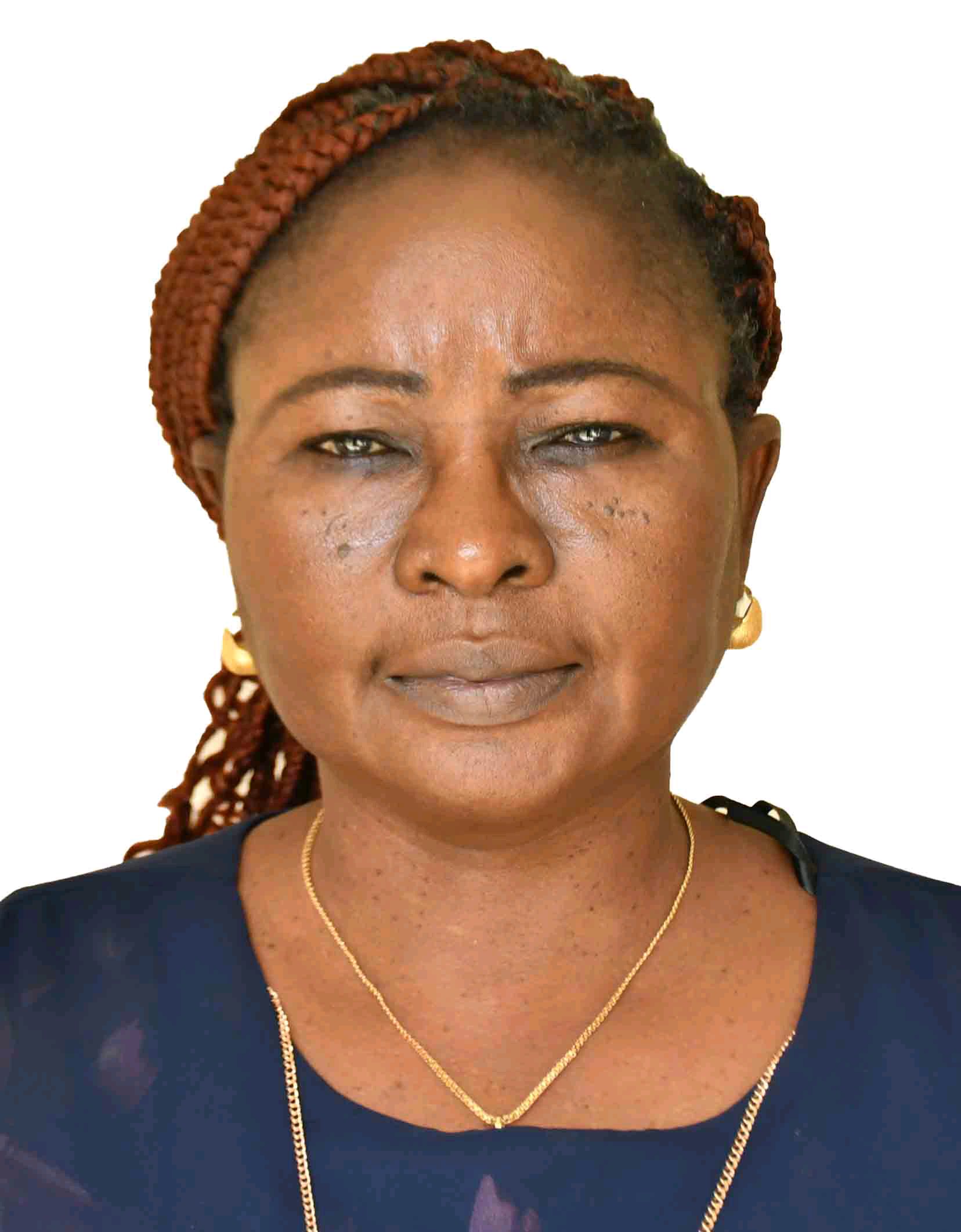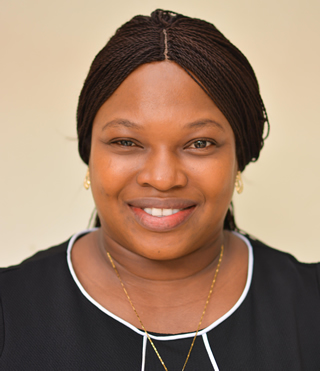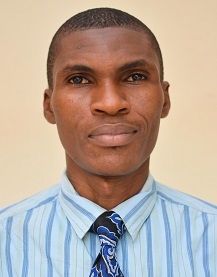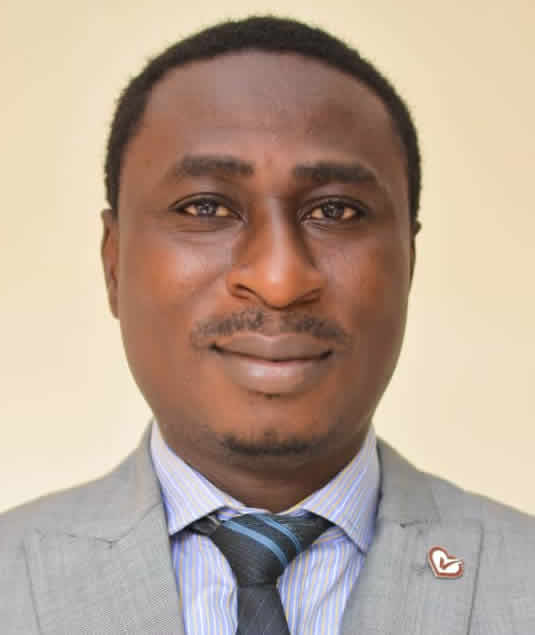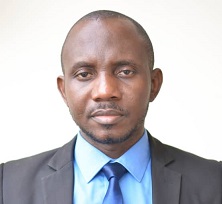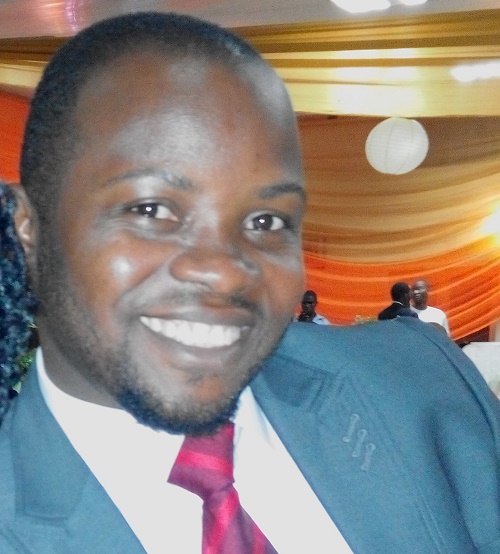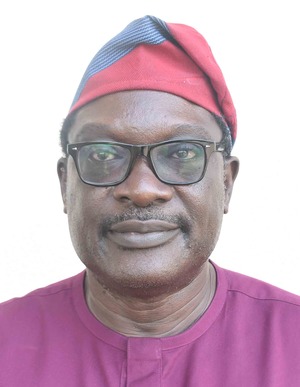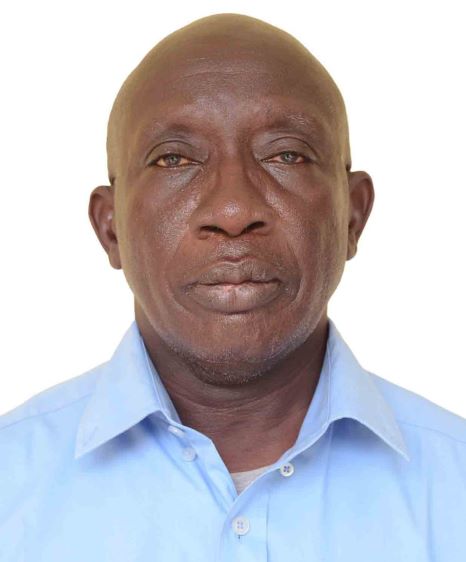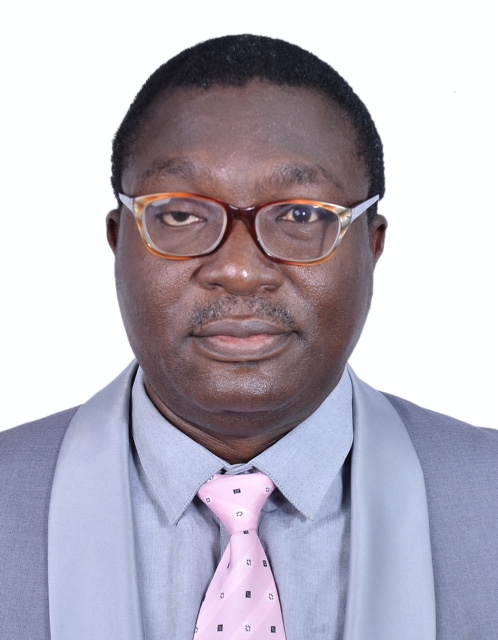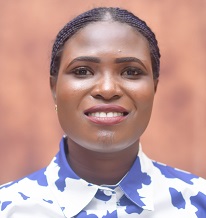Resolve, Inquisitiveness, Willpower, and Enthusiasm are traits every student ought to admire, desire, and possess to be successful. These traits are the reason why the Department of Medicine allows you to fulfill these desires and also to attain two significant goals.
The first goal which we expect you to achieve is to acquire in-depth knowledge and skills to become outstanding and employable in the field of medicine. The second goal as a student of this Department or one passing through the Department is to help prepare you for a quality adult life in the highly competitive global village. The learning experience is quite demanding, but it is equally one that is highly rewarding. My humble self and the Staff of the Department are on ground to assist you in every way possible, to ensure that these goals are achieved. We are here to stand by you, every step of the way and to help bring out the best in you.
Seize this golden opportunity and make the best use of your stay at UNIMED. We urge you to stay focused and help us to help you, as we embark on this journey of learning, unlearning and re-learning, together!
Cordially,
Dr. Oluseyi A. Adejumo (MBBS, FMCP, FWACP)
Senior Lecturer and Acting Head, Department of Medicine
OBJECTIVES
At the end of the course in medicine, students are expected to be able to:
i. Obtain a complete history from a patient;
ii. Identify the points in the patient’s history which relate to the pathological process and pathophysiological derangements;
iii. Examine a patient in general and specifically of the respiratory, cardiovascular, endocrine, gastroenterological, neurological, renal, dermatological systems;
iv. Acquireskills for making accurate diagnosis and for emergency care by appreciating the significance of the physical signs elicited, relating these to specific pathologies and pathophysiological derangements;
v. Understand the techniques in psycho-analytical history taking and management of common psychiatric disorders; and
vi. Manage common medical and psychiatric emergencies that may present to the physician.
v. Communication with patients and relations
Learning Objectives
a. The objective is to groom medical students in all aspect of internal medicine, with due and appropriate emphasis on local medical problems so as to prepare them for practice in Nigeria mainly, without compromising international standards of medical practice.
b. As a corollary to (a) above medical graduates of all Nigerian universities should be competent enough to practice on their own in any part of the country, urban or rural – hence there will be increased emphasis on primary health care.
c. The educational objectives of the curriculum is to enable the student apply standard clinical methods in examining patients. In this regard he/she should be able to take a good history, perform a full physical examination and elicit physical signs, carry out simple side room laboratory tests, understand and explain the meaning of normal and abnormal laboratory results.
In order to enable the student draw meaningful conclusion from (a) above, the student should be able to acquire information necessary for the recognition of certain diseases, synthesize the available data (from history, physical examination, side room tests, laboratory results, X-rays etc.) and attempt to arrive at a working diagnosis, decide on other appropriate further investigations in case of doubt, attempt to relate the working diagnosis to the social, economic and environmental aspects of the disease and plan appropriate line of management of the patient. To establish good working relationships with all those involved in the care of the patient; team-work should be the watchword. The doctor trained under this curriculum should recognize and accept the responsibilities of other workers in the health team, understand his/her relationship with each member of the health team, assume some responsibility for his own training, so as to enable him develop the habit of continuing his own education, a process which should entail constant self-assessment.
The courses in Internal Medicine are taught at 300, 400, and 600.


